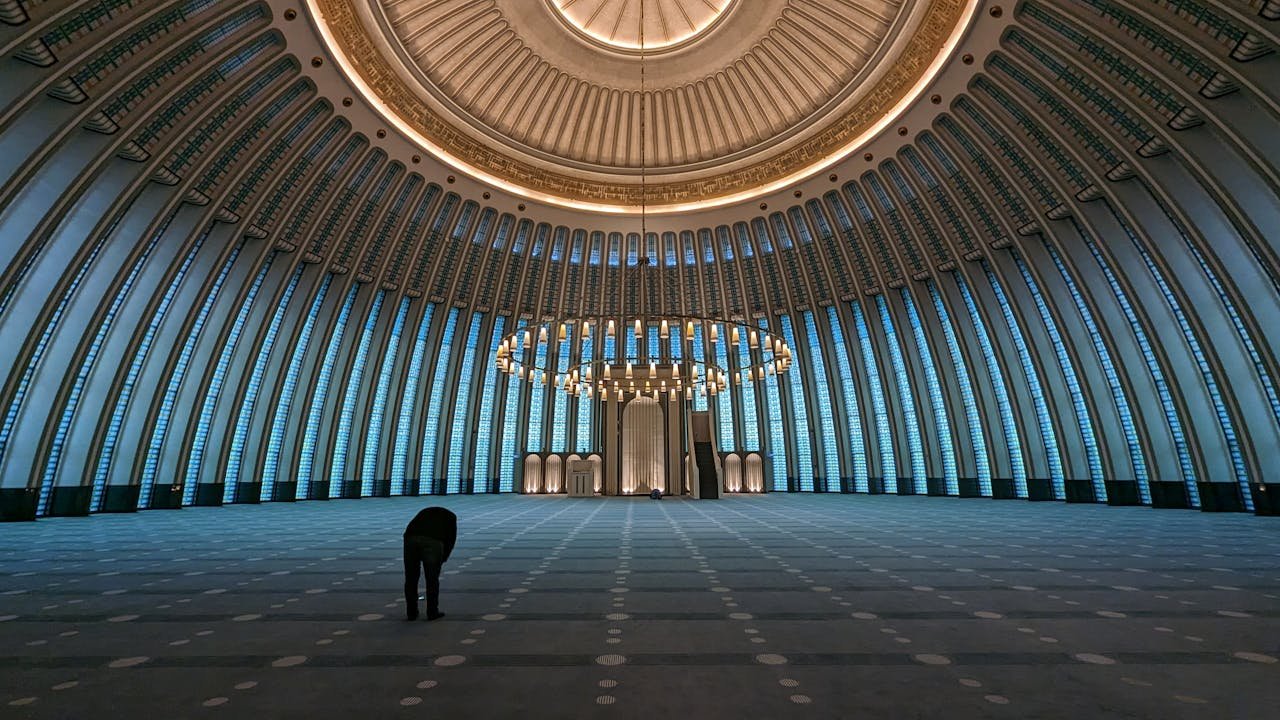Sheikh Ibrahim Al-Maqdisi was born into a scholarly family in Jerusalem during the late 17th century, a time marked by political upheaval and cultural vibrancy in the region. From a young age, Ibrahim displayed an exceptional aptitude for religious studies, mastering classical Arabic and delving into the intricacies of Islamic jurisprudence (fiqh). Under the tutelage of renowned scholars who traced their lineage back to Sheikh Abdul Qadir Al-Jilani, Ibrahim excelled in both theoretical knowledge and practical application of Islamic law.
His scholarly contributions were multifaceted. Apart from his detailed commentaries on the Quran and compendiums on the Hanbali school of thought, Ibrahim was revered for his eloquent sermons that attracted audiences from diverse backgrounds. His writings on Islamic ethics and spirituality reflected a deep commitment to fostering unity and moral rectitude within the community.
Beyond his scholarly pursuits, Sheikh Ibrahim was also a gifted calligrapher, producing exquisite manuscripts adorned with intricate Arabic script. His calligraphy not only preserved religious texts but also elevated the art form, influencing subsequent generations of calligraphers in the Islamic world.


